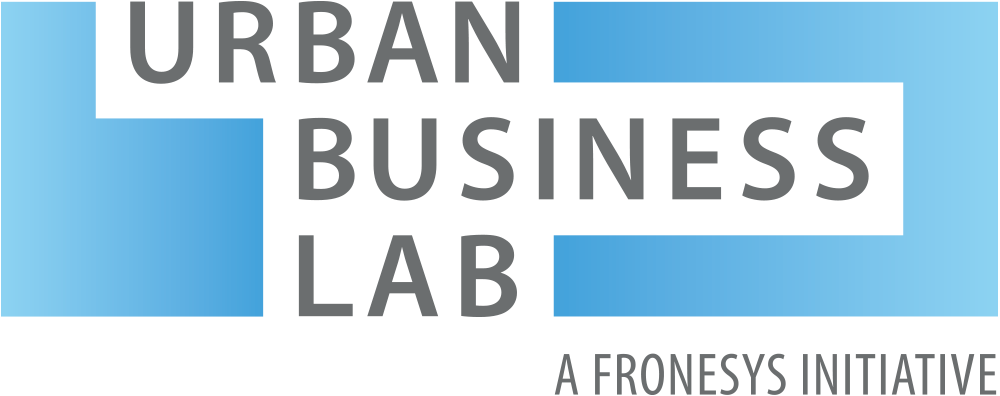WHY WE WORK WITH CITIES
Yet cities face unprecedented challenges to achieving sustainable growth. Current structures and decision-making processes in cities are not fit for purpose in a rapidly changing world.
City organisations and their leaders need practical wisdom to understand, assess, manage and measure their urban systems in a holistic way – engaging all stakeholders in the process.
HOW WE WORK WITH CITIES & WHAT WE OFFER
Our Integrated Impacts Framework for Cities is the world’s first value-based framework for cities. It’s a holistic approach that enables a city to optimize not only its economic value, but also its social, human and natural values – delivering both efficiency and resilience. Our work is grounded in our experience helping to define the International Framework, and in our relationships with Smart Cities.
EXAMPLE: MILTON KEYNES
MK faces significant barriers to sustainable growth: an increase in congestion beyond the city’s current transport infrastructure capabilities, the water deficit the city already faces (not taking into account the need for more water as population grows), and meeting the city’s carbon reduction targets. The city collaborated with the Open University and a number of other partners to create a programme of Smart Cities activities, but there was no funding available for the activities. Fronesys crafted a business case to make MK’s ideas investment-worthy. Our work framed how Smart City initiatives could drive lasting economic development in MK.
Fronesys continues to sit on the Advisory Board for MK:Smart.
Find out more about MK:Smart here: www.mksmart.org.
NEXT STEPS
Want more information on these services? Just get in touch by emailing us at info (at) fronesys.com.
SMART CITIES & THE INTERNET OF THINGS
Smart cities are not just about smart systems and technologies, they emerge when we unleash and combine digital innovation, business innovation and civic innovation. New data platforms, service infrastructures, business models, partnerships and engagement models are creating city-wide digital ecosystems with dynamic relationships between public and private entities. Fronesys is working with cities across the UK to understand the emerging role of smart cities in the digital economy in order to create smart cities strategies and assess their economic impact.
A practical, hands-on and hugely interactive programme for entrepreneurs.
A Fronesys initiative for CityLabs, the Urban Business Lab programme will equip you with the understanding and the practical tools you need to address the business issues of product and service development, specifically in the digital economy. In just two and a half days you will work with a select group using the MK:Smart data-led business canvas to explore and help define the steps for development of your concept into a reality.
MORE FROM INSIGHTS
Accelerating systemic change
The ideas behind the North Star Collective. Today Tim Hodgson and Jyoti Banerjee are hosting a meeting at the Thinking Ahead Institute to discuss ways in which we need to accelerate systemic change to respond to the crises we face on so many fronts. Here's a quick...
Purpose or Profit? Is it a binary choice?
The debate over whether a trade-off between purpose and profit a) still exists, b) has been tempered or c) even eliminated has been building for some time. It is powered by both public demand that our corporations deliver more for society and well documented global imperatives such as environmental degradation, technological transformation and growing wealth inequality.
Jenny Scott and Jyoti Banerjee have co-authored a paper that draws together academic evidence, polling research and data points over more than 20 years to build the case that businesses whose strategies are actively driven by a purpose that optimises value for multiple stakeholders, perform better than those that do not.
Assessing the impacts and outcomes of integrated reporting
Fronesys founders played influential roles in the development of the integrated reporting movement, a corporate reporting mechanism that now has around two thousand listed companies as its adopters, and which is now part of the mainstream of corporate reporting. So, perhaps, now is as good a time as any for Jyoti Banerjee to look back and assess the outcomes and impacts, as well as the what-might-have-beens, of this new form of corporate reporting.





